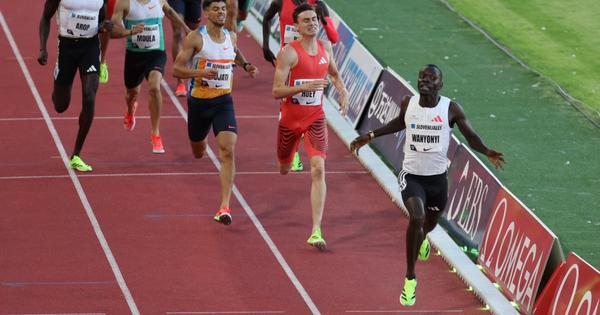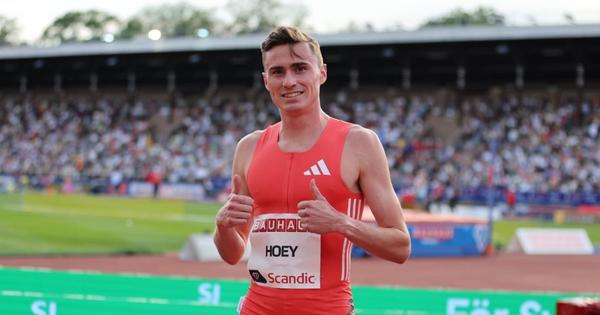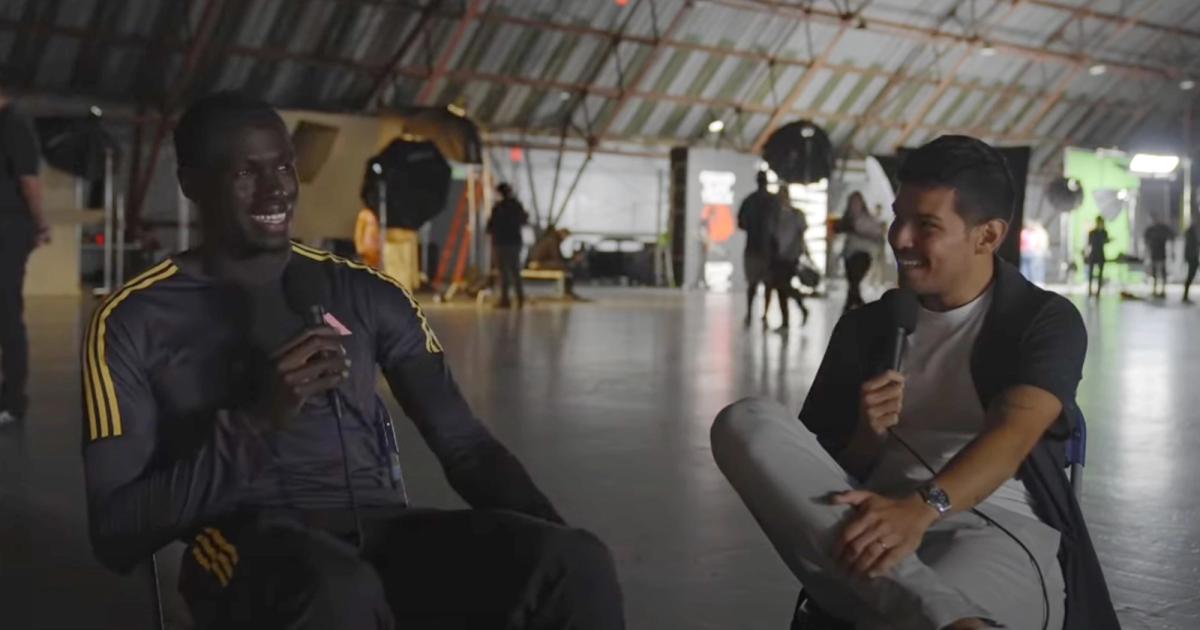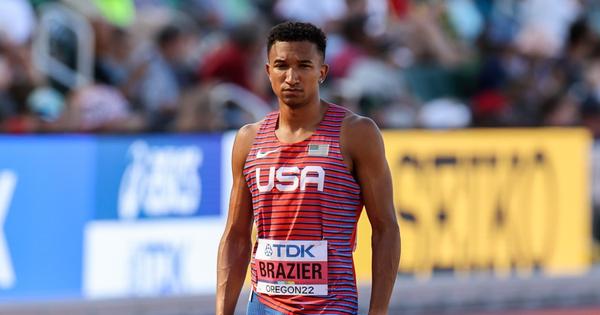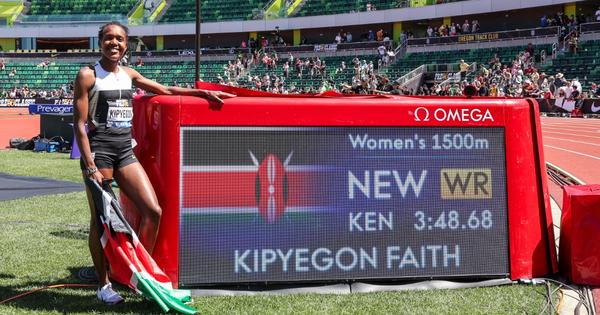By David Melly
July 16, 2025
Heading into last week’s Herculis Monaco Diamond League meet, all eyes were on the men’s 800m, and with good reason: the field featured the Olympic champion, the World champion, the World Indoor champion, and all eight finalists from the Paris Olympics.
That crowd also represents the third, fourth, fifth, sixth, and seventh fastest men of all time, and rumors swirled that the quality of the competition and a pacesetter tasked for 49-low through 400m meant that the world record was at risk on Monaco’s historically fast time. When we polled the CITIUS socials as to whether David Rudisha’s mythical 1:40.91 mark would finally fall, 33% of our followers thought it would (the other two-thirds were more skeptical).
The race itself got off to a hot start, with Emmanuel Wanyonyi hitting the break right on the pacer who did take the field through in 49.21. Marco Arop and Mohamed Attaoui, notably, wanted none of the pace early. The 2023 World champ and the winner from the Paris DL went straight to the back, giving themselves a lot of work to do through the crowded field over the second lap. Arop was more successful, moving up to fifth in a season’s best 1:42.73, but Attaoui never quite got in the mix.
Up front, Wanyonyi stayed clear of the field for pretty much the entire race, taking the win (his third straight and sixth of eight races in 2025) in a meet record and world lead of 1:41.44. That’s an incredible time, but ultimately, Wanyonyi’s PB of 1:41.11 and the WR itself were never truly threatened.
With every passing race, it becomes more and more clear just how special an athlete David Rudisha was. Rudisha’s legacy will forever be defined by his epic front-running in the 2012 Olympic final, but let’s not forget that his performance in London was his third time breaking the world record, after lowering Wilson Kipketer’s 1:41.11 mark twice in 2010.
In addition to winning four of the five global championships between 2011 and 2016, Rudisha also posted the six fastest times in the world run between 1997 and 2024 (and nine of the top 11, with two of those performances belonging to Nigel Amos, who wrapped up a three-year doping ban last Friday). In the post-biological passport, pre-super shoes era, Rudisha was truly a one-of-one athlete, capable of performances that were literally leaps and bounds ahead of everyone else.
But time (and bicarb technology) marches onward. The 13 fastest 800m performances since Rudisha’s 2012 world record were all run in either 2024 or 2025, and eight of those 13 were clocked by either Emmanuel Wanyonyi or Marco Arop. The most dramatic of their showdowns also came in an Olympic final, where 1/100th of a second decided gold (Wanyonyi, 1:41.19) and silver (Arop, 1:41.20). Twelve days later, they matched up again in Lausanne, where Wanyonyi further lowered his PB to 1:41.11, tying Kipketer at #2 all-time.
Setting aside the why of it all (technology, talent, time, etc.), it’s clear that for the first time in a decade or so, there’s a legitimate chance someone—probably Wanyonyi, but not definitely—can take down Rudisha’s mark. But what will it take, and why hasn’t it happened yet?
We may not have David Rudisha. But what we might be able to do is recreate him in the aggregate. Breaking down these four races—the 2012 Olympic final, the 2024 Olympic final, the 2024 Lausanne DL, and the 2024 Monaco DL—is instructive. In the WR race, Rudisha hit 400 meters in 49.28 to give himself a shot at getting under the 1:41 barrier. That was actually a slower opening lap than his first two world records of 1:41.09 and 1:41.01, where he came through (with the help of rabbits) closer to 49-flat. Regardless, it’s clear that Rudisha and a 49-second opener was a record-setting recipe.
In Paris, Wanyonyi did his best Rudisha impression, leading the final nearly gun-to-tape, but he only hit halfway in 50.28. Having Arop challenging him all the way down the homestretch pushed him to impressively even splits for an 800m with a second lap of 50.91, but there was no way he was challenging the ghost of Rudisha (who is still very much alive, only 36 years old, and has technically not retired yet, to be clear) without a faster opener.
In Lausanne, the pacer hit 400m with Arop on his heels, but Wanyonyi was a stride or two back and reeled in Arop over the second lap. In that race, by the way, Arop “only” ran 1:41.72 but with way more distance traveled, passing the pacer on the outside of the turn in the second lap and letting Wanyonyi pass on his inside 200 meters later. In Monaco last week, Wanyonyi was right on the pacer this time around 49.3, but he did a lot of solo running in the second lap with Arop buried deep in the pack and no one on his shoulder.
There’s no guarantee that 1:40.91 will fall this season by any means, but if it does, it seems highly likely that three ingredients need to be in place: a 49.low first lap, a fit Emmanuel Wanyonyi, and a fit Marco Arop both near the front of the field for the entire race. When and where that happens—the Tokyo World Championships, the Diamond League final, or somewhere else entirely—remains to be seen, but without that trifecta, Rudisha’s name will stay atop the all-time list for a little while longer.
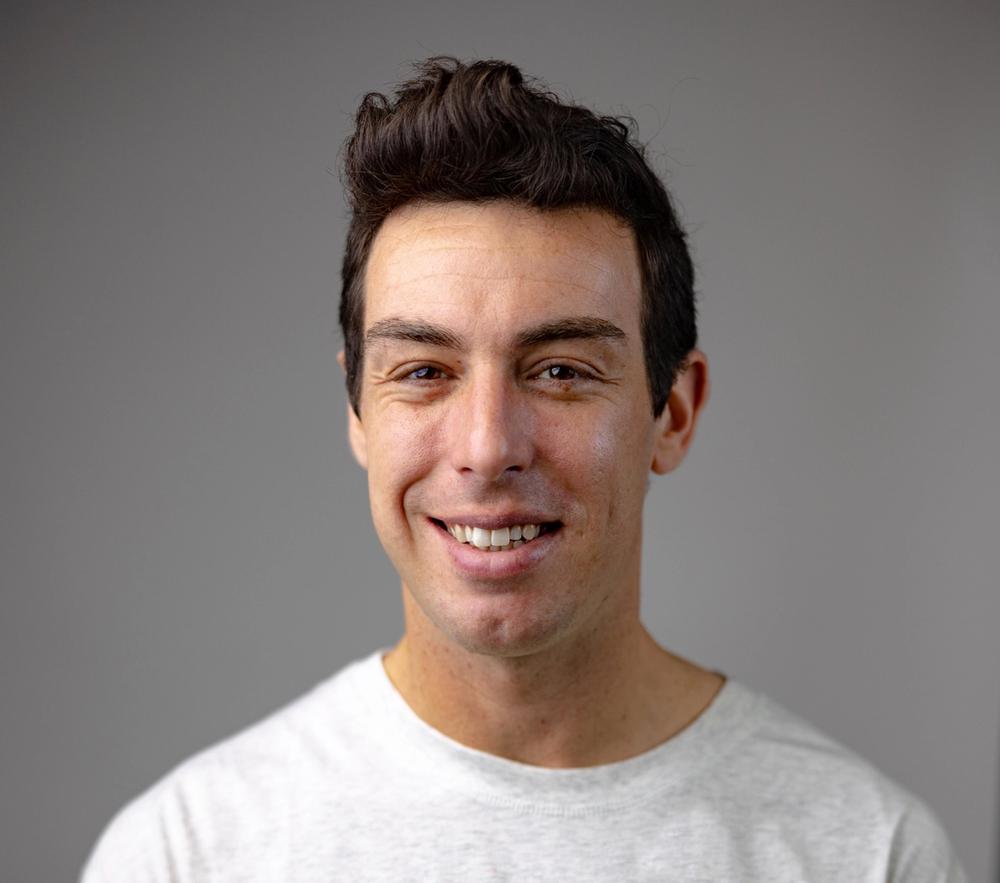
David Melly
David began contributing to CITIUS in 2018, and quickly cemented himself as an integral part of the team thanks to his quick wit, hot takes, undying love for the sport and willingness to get yelled at online.
